Abuela’s way
Keeping a culture alive, one bean at a time
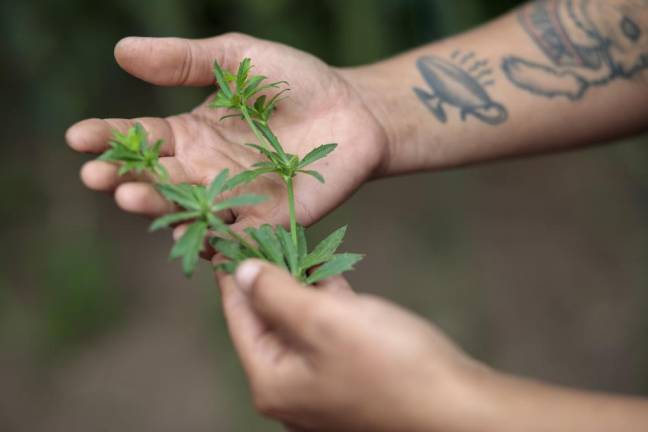
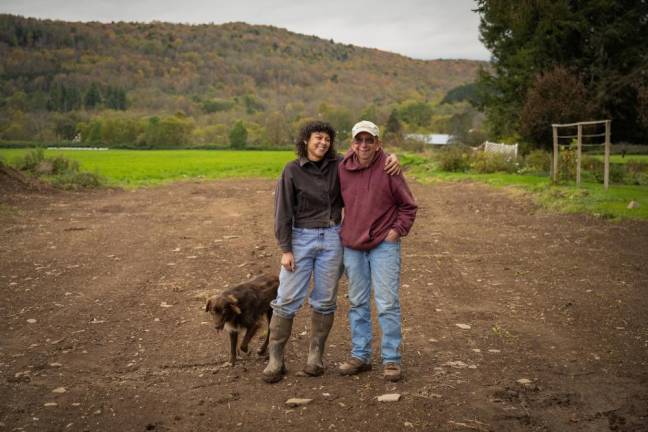
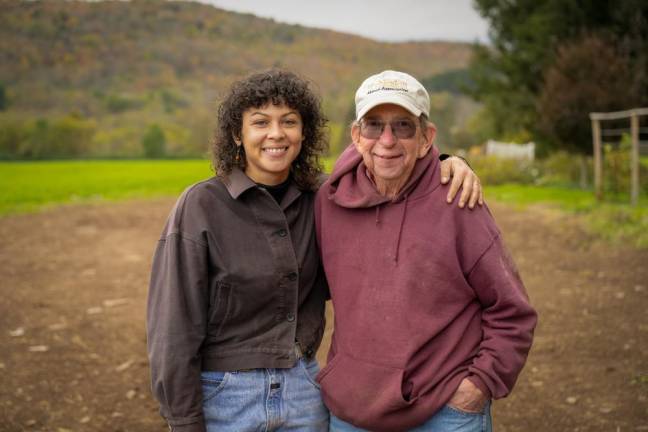
![Abuela’s way ‘I wouldn’t have developed such a deep relationship with the land if it wasn’t for [Tom] because he forced me to just pause and watch and listen.’ - Matias](http://www.dirt-mag.com/binrepository/648x432/0c0/0d0/none/1994965/WUAH/2023-tom-hutson-0020_4-8466683_20241211093544.jpg)
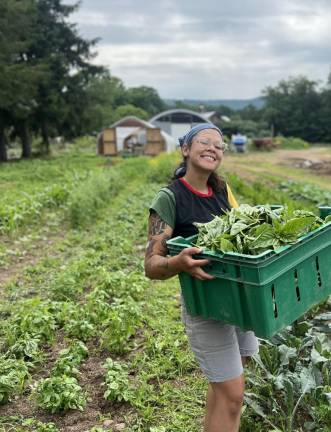
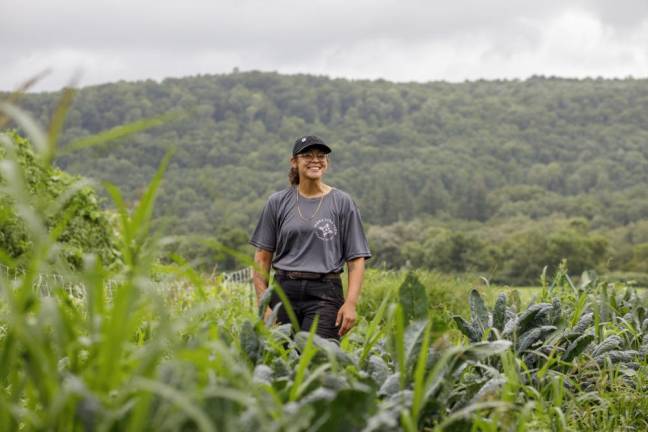
Sea Matias’ late abuela, Maria, used to make a mean habichuela roja. “And the way that she would prepare them, you could smell it throughout the whole entire house,” recalled Matias of their grandmother’s stewed red beans.
Listening to Matias profess their love for legumes — eating beans, growing beans, learning from beans — one might assume that they grew up in a farm family. But while the Bronx-born and bred Matias does have a background in environmental science, their passion for farming was a gift from Abuela Maria.
After sending up a prayer for guidance to their departed grandmother, “I realized our biggest connection was our time spent with plants,” recalled Matias.
Today, Matias is the founder of Serra Vida Farm, a 1.5-acre microfarm in Delancey, NY, dedicated to growing culturally relevant, cost-accessible food for the Bronx community and mutual aid organizations. Serra means “barter or exchange” in the Taino language, and vida means “life” in Spanish, reflecting the farmer’s commitment to community and the land.
“If we had enough to eat for us, we had enough to share with our neighbors: reciprocity in action,” said Matias, of the Puerto Rican culture of their youth. When Maria passed away at 95, “I realized I was trying to find her in everything that I was trying to do... keep this culture alive and this reciprocity going,” said Matias.
It was a chance encounter at Morning Glory Community Garden in the South Bronx in 2020 that gave Matias an opportunity to get into land work, to “be the food.” Matias had lost their job with Bronx Green-up, a community gardening outreach program of the New York Botanical Garden. Matias became Morning Glory’s first apprentice, simply by asking, “Do you need help?”
It was that same openness that brought them to an informational session at River Haven Farm in Delaware County the next year, where Matias met farmer Tom Hutson. A 75-year old with no next of kin and bad knees, Hutson was looking to retire but keep his farm in the hands of farmers. No solar farm, thank you very much, and no gentrified neighborhood. Then and there, Matias thought, “I will do anything in my power to support this person. He seems very genuine.” Hutson and Matias started spending more time together, looking at farm maps, going on drives.
After years of talks, in 2023, Hutson sold his farm to the American Farmland Trust, which is now holding the property and offering affordable short-term leases to new farmers like Matias. The Trust is exploring buyback options with West Branch Commons, a community centered land access project which is raising funds to purchase the farm and steward it long-term, expanding land access to queer and BIPOC farmers.
Now in its second season, Serra Vida Farm supplied about 300 produce shares a week to New Roots Bronx Community Farm and Kelly Street Garden, which are about half a mile from where Matias grew up. The farm is a living tribute to Abuela’s way, “opening her door to anyone in need, with a plate of food, some café and a warm hug,” said Matias.
If the legacy of care through food comes from Abuela, the know-how is a gift from another elder. “What makes me emotional is when I think about Tom and talk about him because he is the person who is teaching me the language, helping me develop a bond with the land at such an exponential rate. I think I wouldn’t have developed such a deep relationship so quickly with the land if it wasn’t for him because he forced me to just pause and watch and listen,” said Matias. “He cares deeply for the soil. He cares deeply for the land. That’s who he’s married to.”
When I asked Matias about the connection between Tom and their abuela, the line went silent for a moment. Then they let me in on family secret. Sea’s mom like to say, “my grandmother sent Tom to me... a soulmate from another life,” said Matias.
But in a rural area where people of color or non-binary identities tend to stand out, finding your place in the community is a lesson in tolerance. Before they founded Serra Vida Farm, Matias was working with a farm that was more road-facing. People would drive by and shout racial slurs. Matias kept coming back every day, not letting the noise distract from their work.
One day though, Matias wasn’t sure they made the right choice. “I was terrified. This older, rural, army looking dude comes out, goes to his truck. I was like, what is he going to the back of his truck for? Pulls out a rake, comes up to me and says, ‘I see that you’ve been working here for weeks. Can I help you with anything?’”
“We’re not talking about politics,” said Matias. It’s just “neighbors being neighbors, being there to support each other.”